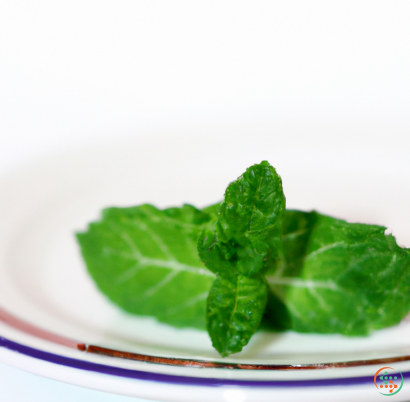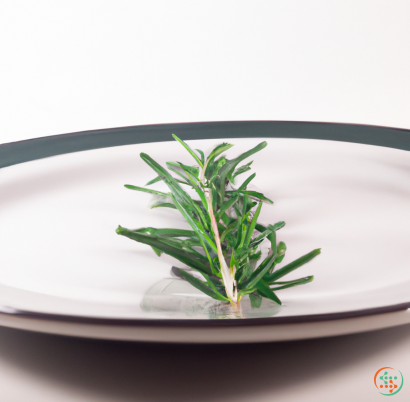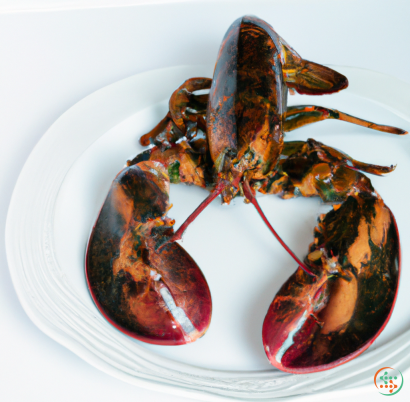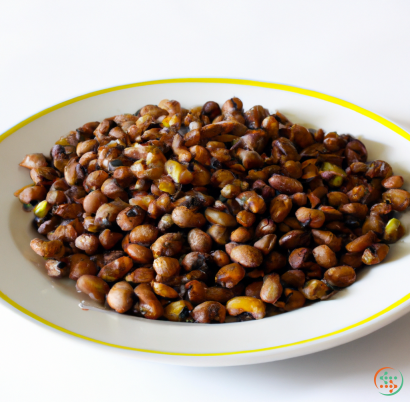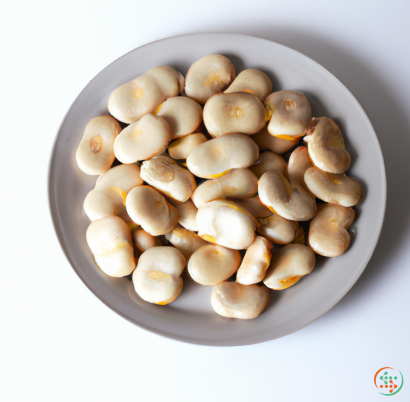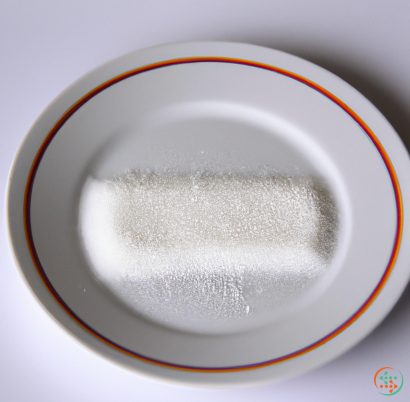Thyme
Thyme is an herb that is well known for its potent flavor and medicinal properties, making it an essential ingredient in many culinary dishes and herbal remedies. Though thyme is one of the oldest herbs known to man, its healing properties are still relevant today, and it’s an important part of modern-day cuisine and natural health. In this blog post, we’ll take a look at what thyme is and the various benefits it can provide.
What is Thyme?
Thyme is an aromatic shrub that is native to the Mediterranean region. It’s a member of the Lamiaceae family, which also includes mint, oregano, basil, marjoram, and lavender. Its leaves are small and grayish-green with occasional purple or yellow flowers. The leaves, stems, and flowers of the plant are all used both fresh and dried in cooking and medicine.
There are over a hundred varieties of thyme, but the most popular is Thymus vulgaris, also known as common thyme. This type has a strong, distinctive flavor that works well in many different recipes, making it a go-to for cooks. It has therapeutic properties as well, and is used to add flavor to teas, tinctures, and wines.
The Benefits of Thyme
Thyme is more than just an herb with a dynamic flavor – it also has numerous health benefits that make it a valuable addition to any diet. Here are a few of them:
• Rich in Antioxidants: Thyme is loaded with antioxidants that can help fight off damage from free radicals, which can cause cell damage, skin aging, and other health issues. Antioxidants also boost the body’s ability to fight off infections and diseases.
• Nutritional Powerhouse: Thyme is packed with essential vitamins, minerals, and compounds that help promote healthy bodies. This includes vitamins A, C, E, and K; calcium; iron; potassium; magnesium; zinc; and selenium.
• Pain Relief: Studies have found that consuming thyme can help reduce inflammation as well as treat pain related to rheumatoid arthritis, headaches, and pains associated with menstrual cycles.
• Digestive Health: High in dietary fiber, thyme can help promote healthy digestion and reduce gastrointestinal discomfort. It’s also been shown to be effective against diarrhea, constipation, and other digestive concerns.
• Skin Care: The antioxidants found in thyme can help protect the skin from environmental stressors. It can also be used topically to treat sunburns and other skin irritation.
• Cancer-Fighting Properties: The antioxidants found in thyme can help prevent cell damage and protect against certain types of cancer. It has also been linked to reducing tumor growth.
Cooking with Thyme
The taste of thyme can range from mild to fairly intense, and this is largely due to the concentration of its essential oils, which is the source of its distinct flavor. It works well in a variety of dishes and recipes, whether cooked or raw.
When adding thyme to food, it’s best not to add too much as its flavor can quickly become overpowering. A little goes a long way, and a light hand is usually recommended. Thyme can be used fresh or dried, but it’s usually best to use dried thyme as the flavor and potency are better preserved.
Thyme works well in savory dishes, both on its own or when combined with other ingredients. It’s a key ingredient in tomato sauces, marinades, soups, stews, and dressings. It also pairs well with many vegetables, including potatoes, carrots, zucchini, and onions.
It can also be used when baking to add flavor and aroma to breads, muffins, and other baked goods. Adding a few sprigs of in vinegar, when used to marinate meats, can also contribute to flavor and tenderness.
Conclusion
Thyme is an herb that has been used for centuries for culinary and medicinal purposes. It has powerful antioxidant properties, is loaded with essential vitamins and minerals, and contains compounds that can help support digestion, the immune system, and overall health. It’s a great addition to many dishes, both savory and sweet, and its flavor can add depth and complexity to food. Whether you’re looking to up your flavor game or add some natural healing qualities to your meals, thyme is the perfect choice.
Introduction
A thyme is a type of herb belonging to the genus Thymus in the mint family. It is widely used not only in culinary dishes but also in various medical and aromatic applications. Thyme is known for its sweet flavor and pleasurable aroma and is used for its therapeutic properties as well. This article will discuss the life cycle of a thyme from its creation to its journey to a dinner plate. It will explore the stages it grows through, how its productions is managed, and how it makes its way to a dinner plate. It will also discuss the uses of thyme and how they contribute to its popularity.
Growth and Life Cycle
Thyme is an annual or perennial shrub that grows mainly in warmer climates. To produce seeds, thyme flowers must be pollinated by insects like bees and different types of moths. The pollinated flowers produce seeds that are tiny, hard, and round. Once newly harvested, these seeds may take anywhere from 6-8 weeks to fully germinate.
Once the seedlings are well established, they are ready to be transplanted into soil where they need six to eight hours of sun each day. If well cared for, thyme plants generally can be harvested the same year that they were planted. It should be noted that thyme requires frequent harvesting for peak flavor and aroma.
When it comes to harvesting, thyme is typically gathered at the end of its flowering season, around June or July. During this time, almost all of the plant can be collected and should be dried quickly. Once the herb has been dried, it is ready for use.
Production
Agricultural production of thyme is typically conducted in greenhouses where temperature and moisture can be controlled. There are various ways to grow thyme, such as through hydroponics, planting in the ground, and in planters. The majority of commercially grown thyme is produced in the Mediterranean countries, where the harvested leaves undergo a drying process with hot air. This process removes the moisture in the leaves and keeps them in good condition during storage and transport.
Thyme is gathered and packaged by hand in small drying rooms. Large scale production usually involves machine harvesting and drying, which ensures a consistent product.
After harvest, production also involves cleaning and size sorting. Cleaning removes dirt and small particles, while size sorting is done to remove any large pieces and stems. The leaves are then graded for color, size, and quality, and packed according to their intended use. Finally, the product is stored in the dark and shipped in large containers to its destination, ready for use.
Uses
Thyme is an herb widely used in various types of cooking and is most often used to season and enhance the flavor of meats and vegetables, as well as sauces and soups. It can also be used as an ingredient in herbal teas or as a garnish, and it pairs particularly well with other herbs like rosemary and oregano.
Thyme is also often used in aromatherapy, providing a comforting herbal scent. It is popularly diffused in essential oil diffusers, as a room spray, or in bath products.
In addition, thyme has medicinal properties and is reputed to provide relief from some conditions, such as colds, sore throats, and even headaches. Its therapeutic potential is attributed to compounds like thymol that could help reduce inflammation and microbes.
Journey to a Dinner Plate
So how exactly does the thyme from a greenhouse reach the dinner plate? The first step is for farmers to gather and package the thyme in small drying rooms. Once packaged, it is transported to a warehouse or facility where it is further processed and cleaned according to size and quality standards.
From there, the thyme is distributed and sold to different retailers and restaurants. After purchasing, retailers and restaurateurs chop, mince, or grind the herb in order to prepare it for use in dishes or other products.
The thyme is then used in the preparation of a culinary dish. It can be used to season and garnish different dishes, such as pork, beef, seafood dishes, soups, and more. As a garnish, it adds freshness and pleasing aesthetic to dishes, as well as fragrance and flavor.
Finally, the dish is served on a dinner plate. The journey of the thyme from a greenhouse to a dinner plate has been completed!
Conclusion
In conclusion, thyme is an incredibly beneficial herb that is widely used for its flavor and aroma in the culinary world and for its therapeutic properties in other applications. Understanding the life cycle of its growth and production, as well as its journey to the dinner plate, provides us with insight into how we can best make use of this herb for its many benefits.
| Vitamin A | 0.238 mg | |
| Beta-Carotene | 0.002851 grams | |
| Vitamin C | 0.1601 grams | |
| Vitamin B1 | 0.05 mg | |
| Vitamin B2 | 0.47 mg | |
| Vitamin B3 | 0.00182 grams | |
| Vitamin B5 | 0.41 mg | |
| Vitamin B6 | 0.35 mg | |
| Vitamin B9 | 0.045 mg |
| Calcium | 0.405 grams |
Daily Value 1.3 g
|
| Iron | 0.01745 grams |
Daily Value 0.018 g
|
| Magnesium | 0.16 grams |
Daily Value 0.4 g
|
| Phosphorus | 0.106 grams |
Daily Value 1.25 g
|
| Potassium | 0.609 grams |
Daily Value 4.7 g
|
| Sodium | 0.009 grams |
Daily Value 2.3 g
|
| Zinc | 0.00181 grams |
Daily Value 0.011 g
|
| Copper | 0.56 mg |
Daily Value 0.9 mg
|
| Manganese | 0.00172 grams |
Daily Value 0.0023 g
|
| Tryptophan | 0.114 grams | |
| Threonine | 0.154 grams | |
| Isoleucine | 0.285 grams | |
| Leucine | 0.262 grams | |
| Lysine | 0.126 grams | |
| Valine | 0.307 grams |
| Total Sugars | 0.131141 grams |
per 100g
|
| Caprylic acid (8:0) | 0.04 grams |
|
| Capric acid (10:0) | 0.02 grams |
|
| Lauric acid (12:0) | 0.04 grams |
|
| Myristic acid (14:0) | 0.03 grams |
|
| Palmitic acid (16:0) | 0.29 grams |
|
| Stearic acid (18:0) | 0.05 grams |
|
| Total Saturated fatty acids: | 0.47 g | |
| Oleic acid (18:1) | 0.08 grams |
|
| Total Monounsaturated fatty acids: | 0.08 g | |
| Linolenic acid (18:3) | 0.45 grams |
|
| Linoleic acid (18:2) | 0.09 grams |
|
| Total Polyunsaturated fatty acids: | 0.54 g | |

